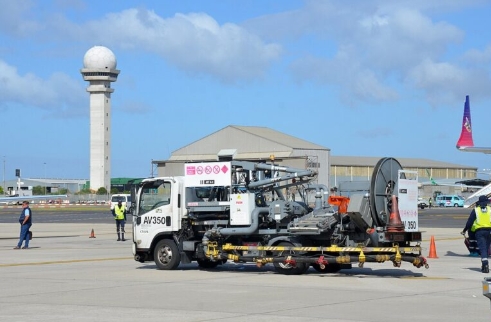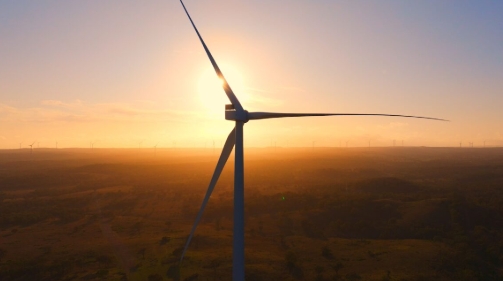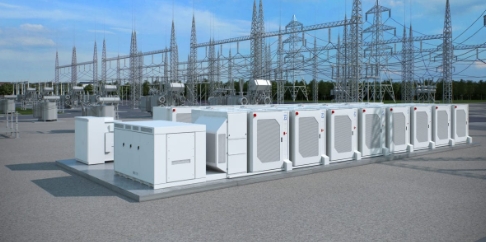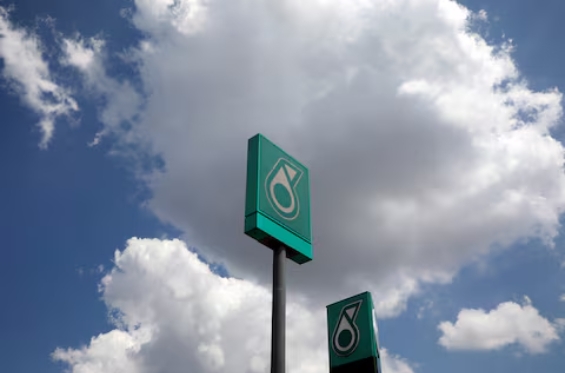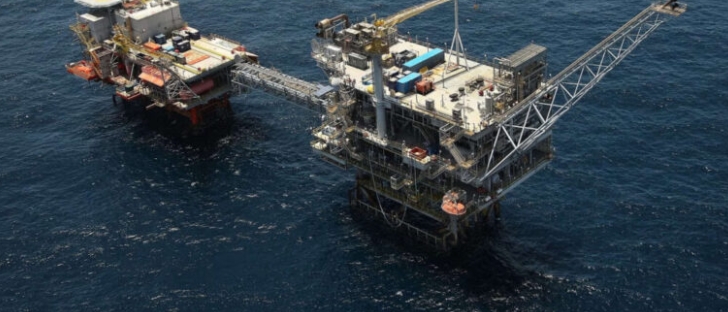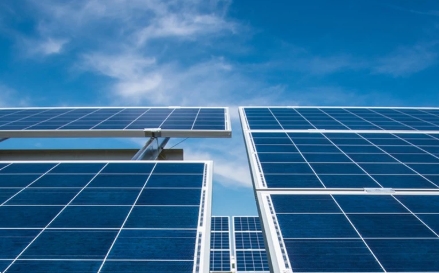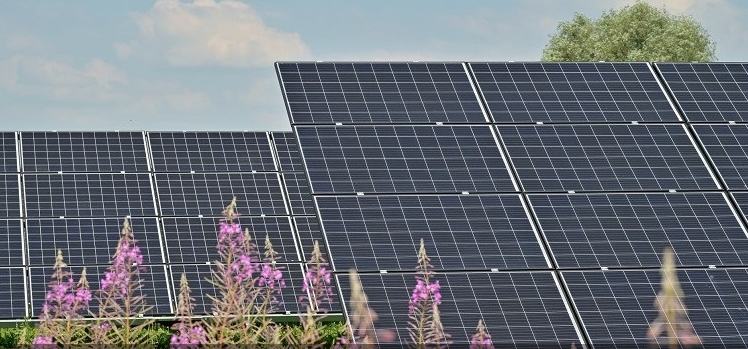Washington — US Energy Secretary Dan Brouillette played down the effect that a coronavirus outbreak in China would have on energy markets, describing the impact as "marginal" even as worry over a slowdown in Chinese LNG demand compounded pressure on gas prices already at record lows.
China's appetite for LNG and other commodities has slumped with quarantines and other restrictions from the country's government following the outbreak. But the US Department of Energy sees China's initial efforts to control the spread of the coronavirus as successful, Brouillette said at a February 7 event at the Atlantic Council in Washington, DC.
"The coronavirus, as we can determine today, has not had a tremendous impact on energy production or energy purchases around the world just yet," Brouillette told reporters on the sidelines of the event. "That may change over time. But for the moment, the Chinese seem to have a clear indication of the virus itself, where it is, and they are taking very aggressive steps to contain and control the potential outbreak."
Brouillette said it is important for the DOE to closely evaluate the Chinese response, but the department expected the outbreak will not interfere with China meeting aggressive commitments to buy US energy products this year and in 2021 under a "phase one" trade agreement reached between the two superpowers in January.
"We would expect that those purchases, as agreed to under phase one, would be executed sometime this year and next," Brouillette said.
But so far, the deal has yet to relieve pressure on the US LNG industry, which is grappling with rock-bottom commodity prices because of oversupply concerns and mild winter weather at a time when US LNG exports are still hitting record highs. Market observers have raised the concern prices could weaken to the point off-takers of US LNG decide to cancel cargoes.
It has been almost a year since a US LNG cargo was delivered to China, the world's fastest-growing importer of LNG. The trade deal spurred optimism over US LNG cargoes resuming their flow to China and new long-term supply deals between Chinese buyers and US export terminals. But the pathway for a renewed LNG trading relationship remains unclear. China has yet to lower or remove a 25% tariff on US LNG.
The coronavirus outbreak has added to the concerns. S&P Global Platts reported February 6 China's biggest LNG importer had declared it would not take some of its contracted LNG deliveries because of the coronavirus outbreak. The decision by China National Offshore Oil Corp., or CNOOC, fueled worry of a major economic slowdown in China.
The Platts Japan Korea Marker, the benchmark price for spot-traded LNG in Northeast Asia, plunged to a record low under $3/MMBtu on Feb. 7.
Investors in the US LNG sector responded to the uncertainty over the global demand picture by selling stocks. The day before the news that CNOOC decided to declare force majeure on some contracted LNG imports, the stock price of Cheniere Energy Inc. was trading at $59.68. That dropped 3.4% by the time the market closed February 6.
Shares of Cheniere Energy Partners, an affiliate that owns and operates Cheniere's flagship Sabine Pass LNG export terminal, fell by about 4% to $37.32 over the same period.
The sell-off extended to US export hopefuls Tellurian and NextDecade, which had share prices fall over the same period by 7.4% and 5.6%, respectively.
"With plenty of uncertainly around Chinese demand along with concerns of reduced utilization rates over the summer, it appears investors in the LNG sector are taking a sell first, ask questions later approach," analysts at the energy investment bank Tudor Pickering Holt & Co. said in a February 7 note to clients. "However, while China may be a headwind now, we think it turns into a longer-term tailwind for Cheniere as the company appears very well positioned to capitalize on the recently struck trade deal."
